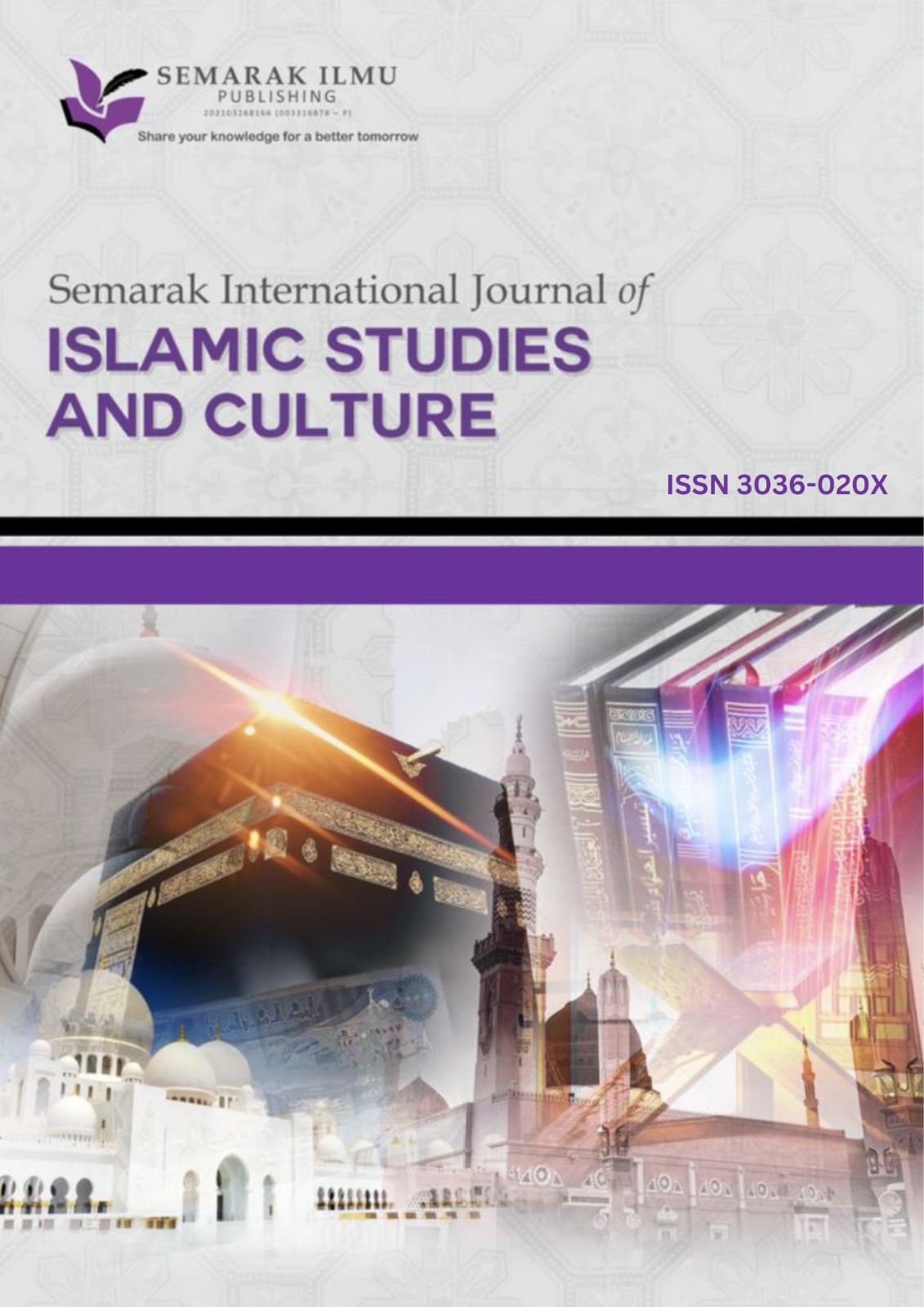Legitimate Living Fiqh Jinayah inside the Newest Indonesian Book of Criminal Law
DOI:
https://doi.org/10.37934/sijisc.4.1.117Keywords:
Fiqh jinayah, criminal code, receptive, Wetboek van StraftrechtAbstract
On January 2, 2026, Indonesia officially adopted the newest Criminal Code, namely Law no. 1 of 2023 concerning the Criminal Code. This National Criminal Code is proof of decolonization by abandoning the WVSI (Wetboek van Straftrecht) which has been used since the Dutch colonial era. One proof of this decolonization is the recognition of the laws that exist in Indonesian society, as contained in Article 2 "The provisions referred to in article 1 paragraph 1 do not reduce the validity of the laws that exist in society which determine that a person deserves to be punished even if the act is not regulated in this Law”. Initially in Indonesia, the law that lived amid of society was discovered by Lodewijk Willen Cristian Van Den Berg (d. 1927 AD) who lived and researched Indonesian society, concluding that the Indonesian people had essentially fully accepted Islamic law as their law. Realize, this theory became known as Theory of Reception in Complexu. This theory gave birth to Article... HIR is: "the law that applies to natives is based on the Islamic religion". Before finally this article was changed in the interests of the colonialists. The formulation of the research problem is how is the legitimacy of living fiqh jinayah in the Indonesian National Criminal Code? With the first research question, how is the formulation of criminal acts in living fiqh jinayah regulated in the National Criminal Code? Secondly, what is the criminal responsibility in living fiqh jinayah regulated in the National Criminal Code? Yhird, what are the criminal sanctions for violators of living fiqh jinayah regulated in the Criminal Code? National? This research is normative legal research. The conclusion from this research is that one of the living laws in Indonesian society which is legitimized by the National Criminal Code is living fiqh jinayah. Firstly, regarding criminal acts regulated by the Criminal Code in living fiqh jinayah are all criminal acts that are in accordance with the values contained in Pancasila, the 1945 Constitution of the Republic of Indonesia, human rights, and general legal principles recognized by the people of the nation. nation and strengthened by Regional Regulations. Second, criminal liability in living fiqh jinayah is different from the National Criminal Code in terms of the adult category, where in living fiqh jinayah the size of adult is puberty whereas in the National Criminal Code it is if you are 18 years old. Third, the criminal sanction for living fiqh jinayah stipulated in the National Criminal Code is a fine.
Downloads














